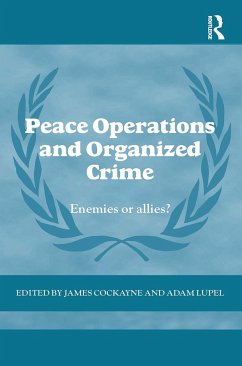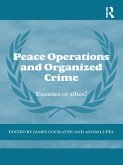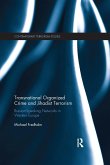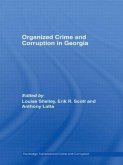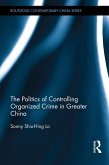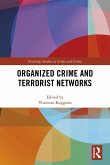Peace operations are increasingly on the front line in the international community's fight against organized crime; this book explores how, in some cases, peace operations and organized crime are clear enemies, while in others, they may become tacit allies. The threat posed by organized crime to international and human security has become a matter of considerable strategic concern for national and international decision-makers, so it is somewhat surprising how little thought has been devoted to addressing the complex relationship between organized crime and peace operations. This volume addresses this gap, questioning the emerging orthodoxy that portrays organized crime as an external threat to the liberal peace championed by western and allied states and delivered through peace operations. Based upon a series of case studies it concludes that organized crime is both a potential enemy and a potential ally of peace operations, and it argues for the need to distinguish between strategies to contain organized crime and strategies to transform the political economies in which it flourishes. The editors argue for the development of intelligent, transnational, and transitional law enforcement that can make the most of organized crime as a potential ally for transforming political economies, while at the same time containing the threat it presents as an enemy to building effective and responsible states. The book will be of great interest to students of peacebuilding, peace and conflict studies, organised crime, Security Studies and IR in general.
Hinweis: Dieser Artikel kann nur an eine deutsche Lieferadresse ausgeliefert werden.
Hinweis: Dieser Artikel kann nur an eine deutsche Lieferadresse ausgeliefert werden.

